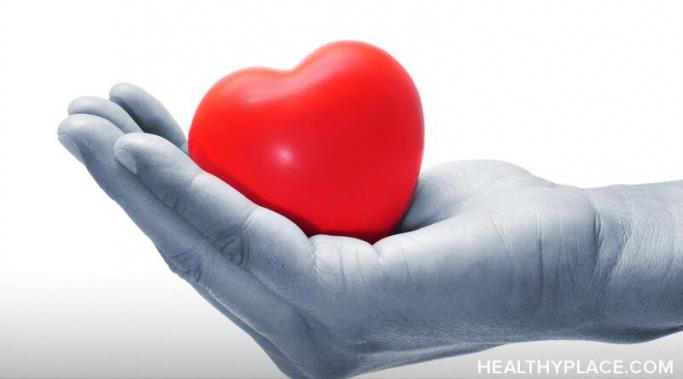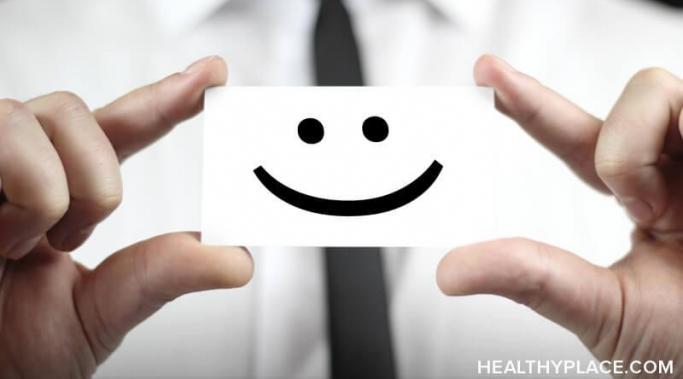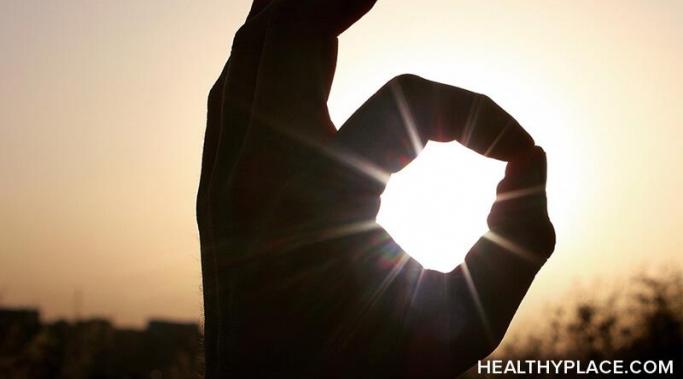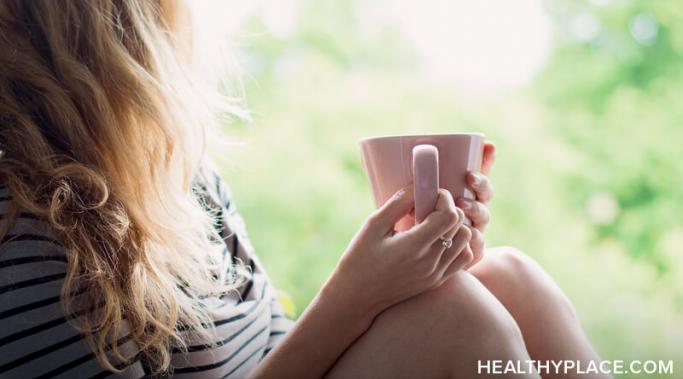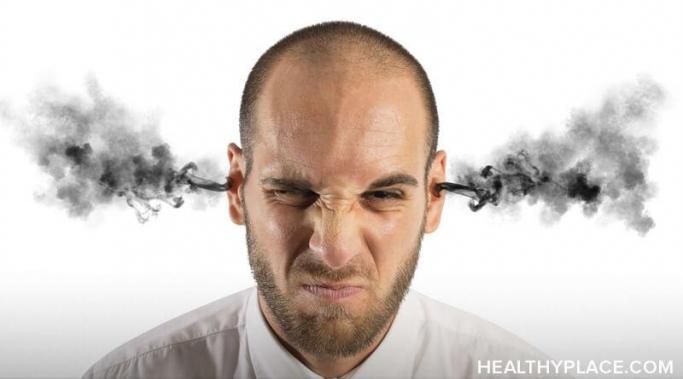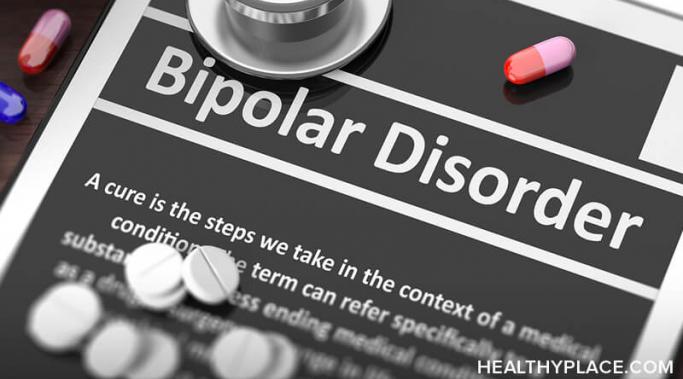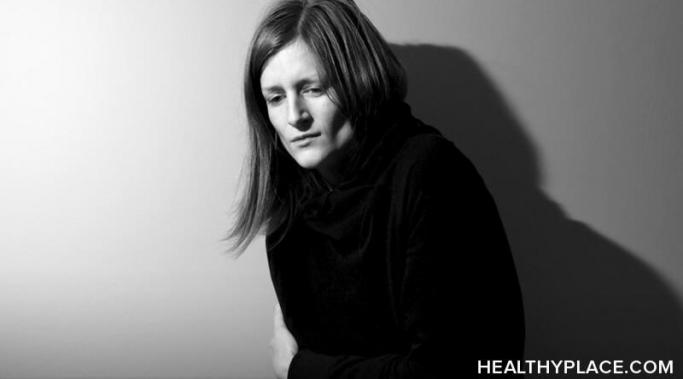It is with a waterfall of tears that today I tell you that my time writing "Breaking Bipolar" has come to an end. HealthyPlace is moving in a new direction, and so, after 14 years, my work here is done. And while I find this devastating personally, today, I would like to focus on 14 years of victories for me and for this blog.
About Natasha
I often hide depression with a smile, even when I'm actually extremely depressed. This is a characteristic of "high-functioning" bipolar or depression. In other words, I'm carrying on with life and maybe even look okay, but really, I am drying inside. I've had practice looking mentally well when being really sick for years. I'm awfully good at it. But while this allows me to move through the world more successfully than some, there are also problems when you hide depression despite being very ill.
If you're a single person with bipolar disorder, surviving can be hard. Last time I outlined why this is in a piece about being alone with bipolar disorder, but this time, I'm focusing on successfully dealing with being a single person with bipolar disorder.
I live alone with bipolar disorder, and recently, someone asked me how I do it. I have rarely thought about such a thing as we all just work with the life with have, but let's talk about how I survive as a person living alone with bipolar disorder.
I talk to myself all the time. In fact, I don't think I know anyone who talks to themselves more than I do. It's an incessant, running commentary on my existence. It's like I have my own narrator — but not only are they saying what's happening, but they're commenting on it, too. The question is, if I talk to myself, is this a part of bipolar disorder?
I'm tired of explaining bipolar disorder to people. I realize this is a terrible sentiment to one who actually does this for a living, but it's one I've found myself thinking about at times. In some respects, explaining bipolar disorder and mental illness in general to people is extremely rewarding; in other ways, though, it's just a slog. Having the same conversation over and over again about mental illness with someone who has no clue is exhausting.
I've recently, painfully, discovered that stress increases anxiety to interminable levels. Stress, of course, worsens one's mental health in many ways, but the way that I'm primarily feeling it is through anxiety (and probably depression; anxiety and depression being knitted together as they are). Previously, I didn't have the anxiety problems I do today, and I didn't realize just how bad anxiety could feel until this latest bought of stress increasing my anxiety.
Do people with bipolar disorder have good sex lives? Do people with bipolar disorder have sex lives at all? And what effect does mood have on one's sex life? These are just some of the questions that people ask about the sex lives of people with bipolar disorder. Let's explore some of the answers.
I had to find out what taking a COVID-19 test was like the hard way. I had to learn about the extreme anxiety that is taking a COVID-19 test the hard way. Yes, I had to take a COVID-19 test, and while I didn't want to do it, and it made for a horrifically anxious couple of days, I would do it again anyway.
Bipolar disorders and anxiety are frequent bedfellows. In fact, anxiety and anxiety disorders occur in more than half of those with bipolar type I, according to the paper, "The Importance of Anxiety States in Bipolar Disorder." And I am one of those who experience anxiety in bipolar disorder. Whether your anxiety comes in the form of a specific disorder, or it's just symptoms of anxiety, I can attest to the fact that anxiety affects bipolar disorder, and it's not in good ways.
